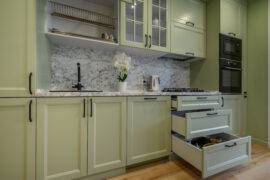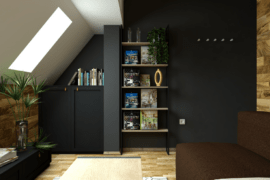The trend of indoor gardening has gained immense popularity, and among the most coveted plants is the olive tree. Renowned for its stunning and perennial foliage, the olive tree imparts an air of sophistication to any indoor setting. This all-inclusive handbook is designed to provide a comprehensive understanding of the process of growing and tending to olive trees indoors. From selecting the appropriate olive tree variety to creating the perfect growing conditions, this handbook will equip you to become a successful indoor olive tree cultivator.
The Allure of Indoor Olive Trees: Aesthetic and Symbolic Value
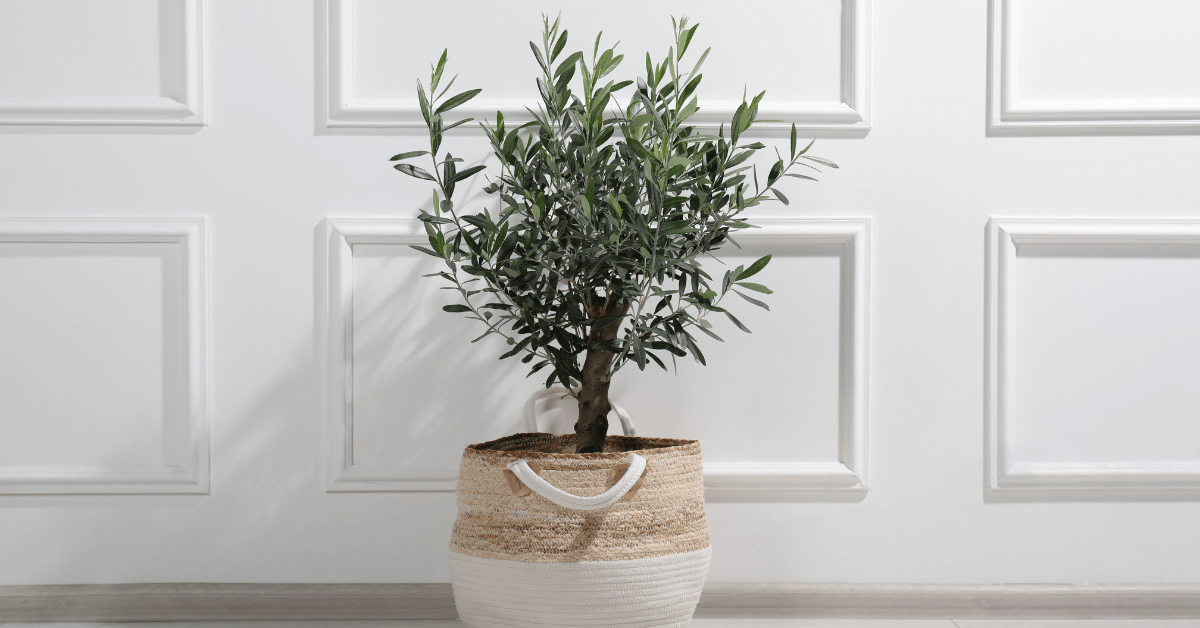
The charm of indoor olive trees lies in their visual appeal and symbolic significance. Olive trees are celebrated for their graceful, silvery-green leaves and their association with peace, wisdom, and prosperity. Whether you aim to elevate your home decor or establish a connection with nature indoors, an olive tree serves as a captivating addition to your living space.
Selecting the Right Variety: Vital for Indoor Cultivation
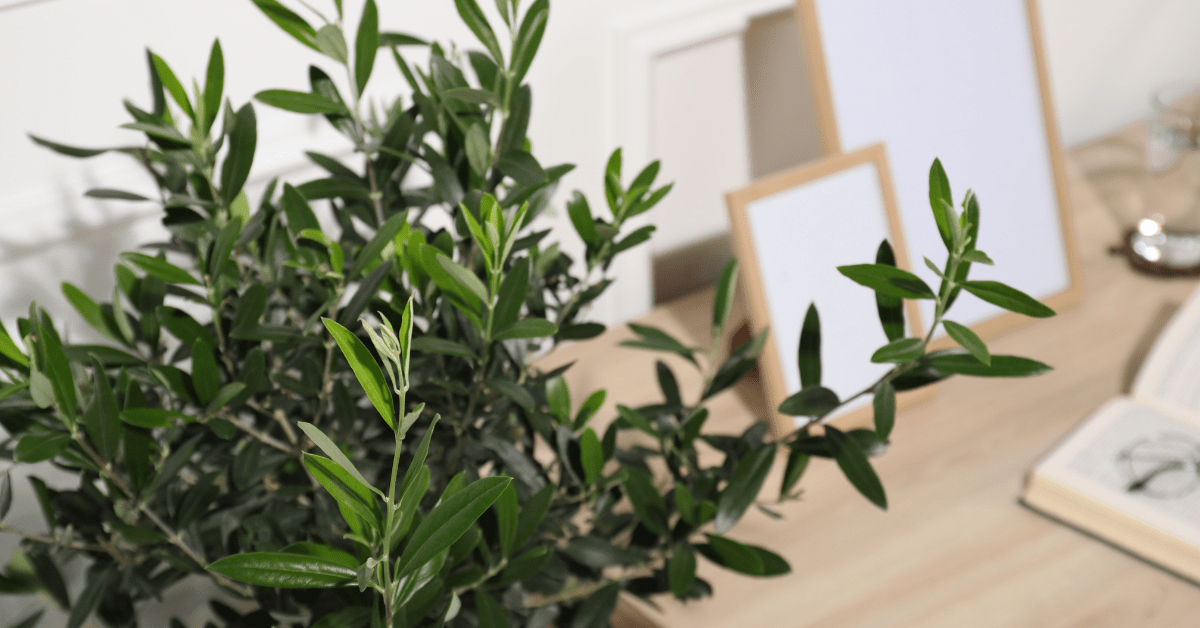
When it comes to cultivating olive trees indoors, the selection of the appropriate variety is pivotal. Certain olive tree cultivars are better suited for indoor growth due to their compact size and adaptability to indoor environments. Seek out dwarf or miniature olive tree varieties that can flourish in containers and are well-suited for confined indoor spaces.
Choosing the Optimal Container: Key to Successful Growth
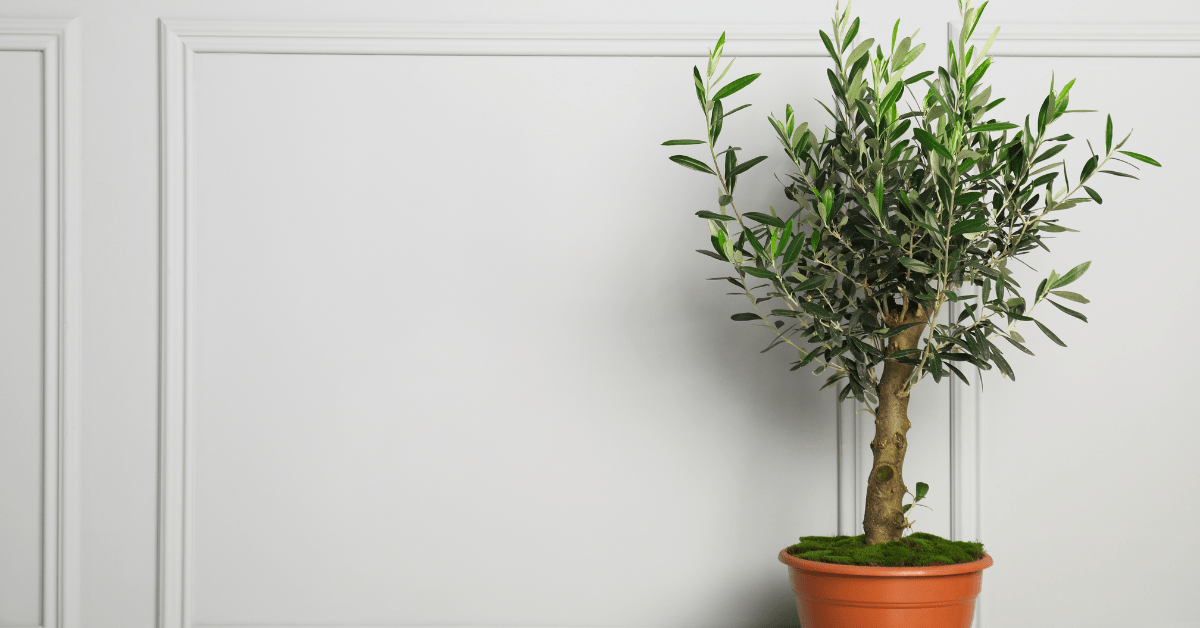
The choice of container plays a crucial role in the successful cultivation of indoor olive trees. Opt for a capacious, well-draining container that facilitates root aeration and prevents waterlogging. Consider materials such as terracotta or ceramic, as they provide stability and encourage healthy root development.
Providing Ample Sunlight: Essential for Thriving Olive Trees
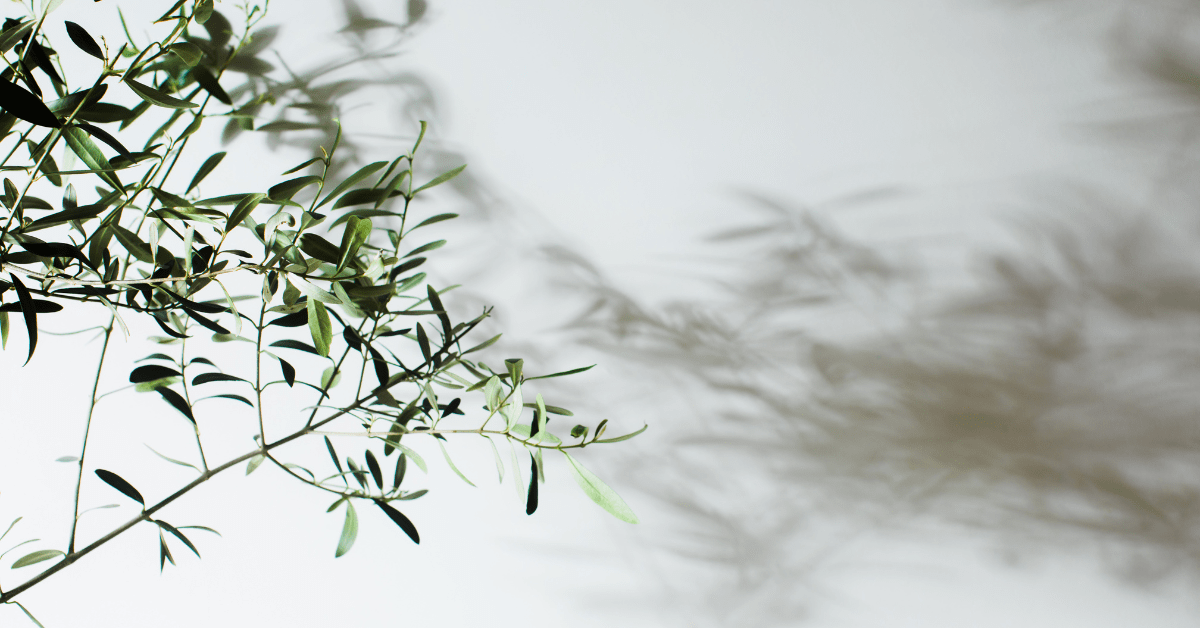
Olive trees thrive in bright, indirect sunlight, making them an ideal choice for indoor cultivation. Position your olive tree near a south-facing window to ensure it receives abundant natural light throughout the day. In cases of limited direct sunlight, consider using grow lights to ensure optimal growth and fruiting.
Understanding Watering Needs: Vital for Health and Growth
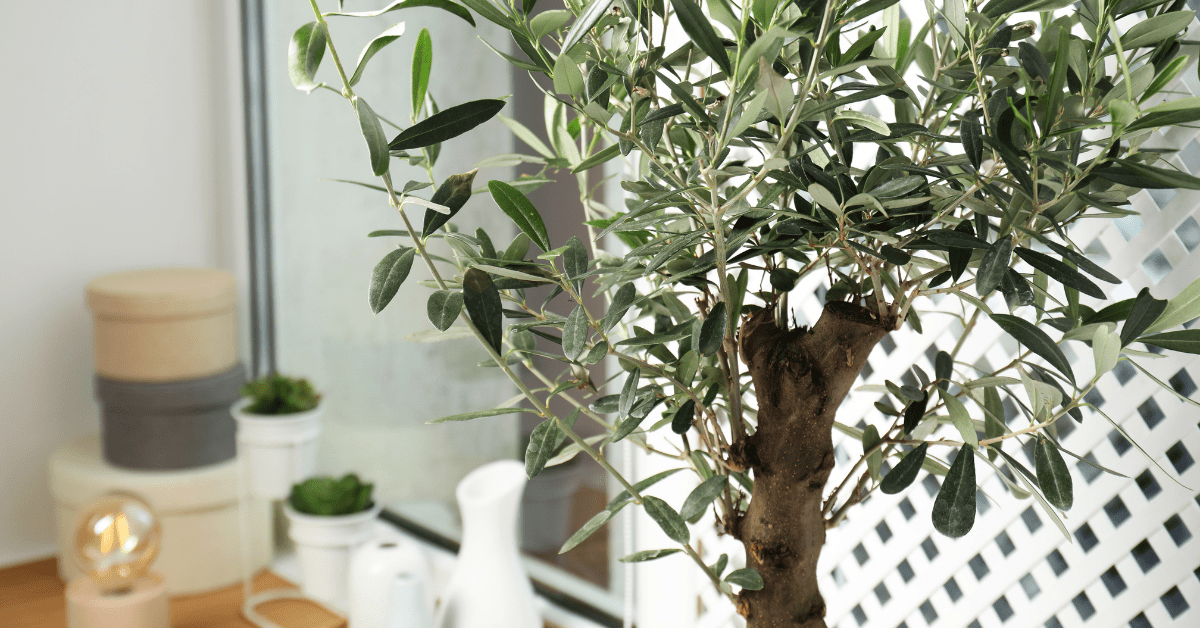
Proper watering is imperative for the well-being and vigor of indoor olive trees. While olive trees have a tolerance for drought, they necessitate consistent moisture, particularly during the growing season. Permit the soil to dry out slightly between watering sessions to prevent root rot and establish a balanced watering regimen to foster healthy growth.
Fertilizing for Growth and Fruit Production: Nourishing Indoor Olive Trees
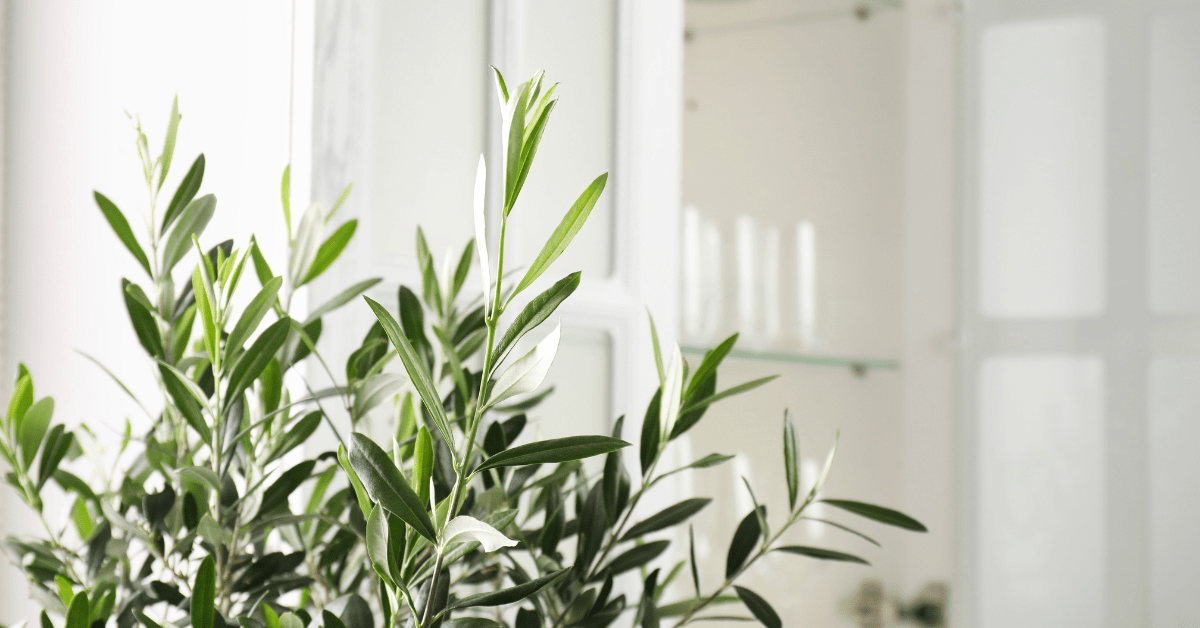
To support the growth and fruiting of indoor olive trees, it is essential to supply them with the requisite nutrients. Utilize a balanced, slow-release fertilizer specially formulated for fruit-bearing trees and administer it as per the manufacturer’s guidelines. Fertilize your olive tree during the active growing season to promote robust foliage and potential fruit development.
Pruning and Shaping: Essential Maintenance Practices
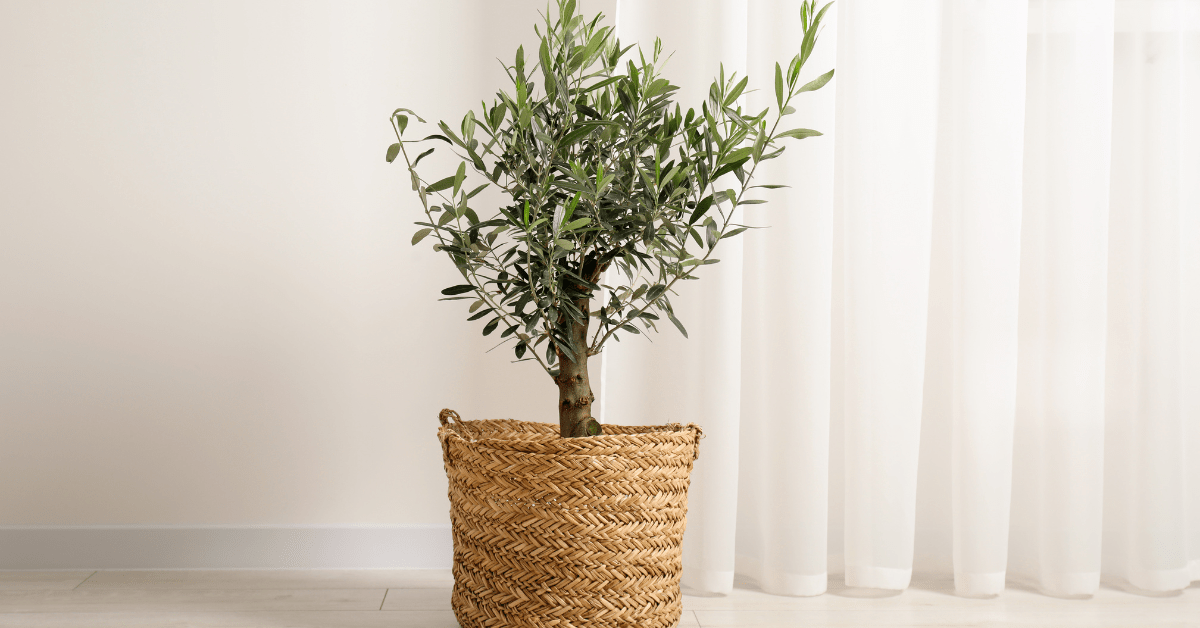
Regular pruning is vital for preserving the shape and size of indoor olive trees. Eliminate any deceased or diseased branches and prune to achieve a desirable form that enhances the tree’s visual appeal. Additionally, pruning facilitates air circulation and diminishes the risk of pest infestations, thereby contributing to the overall health of your olive tree.
Monitoring for Pests and Diseases: Ensuring Health and Vigor
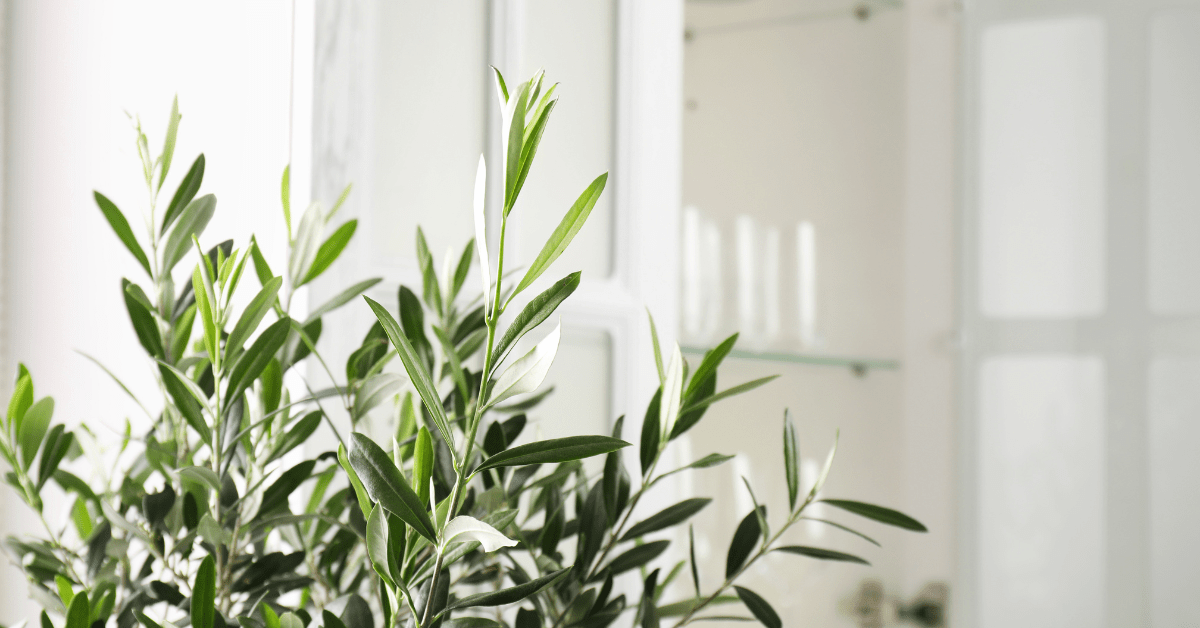
Indoor olive trees are susceptible to specific pests and diseases, such as scale insects and fungal infections. Vigilantly observe your olive tree for indications of pest infestations or symptoms of disease, and take prompt measures to address any issues. Regularly inspect the foliage and stems, and employ organic pest control methods to maintain a healthy environment for your olive tree.
Overwintering Considerations: Ensuring Winter Survival
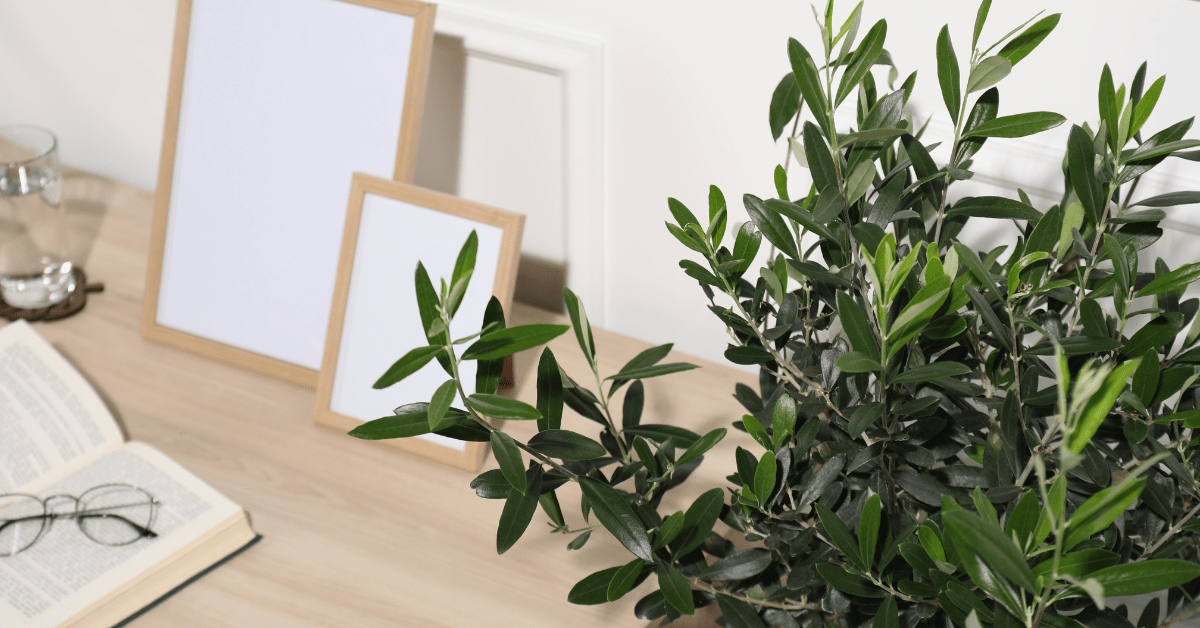
During the winter months, indoor olive trees may require special attention to safeguard their well-being. Shield your olive tree from chilly drafts and maintain a consistent temperature range to prevent stress and potential cold damage. Consider providing supplementary humidity to counteract the dry indoor air and support your olive tree’s survival during winter.
Harvesting and Enjoying Olives: A Rewarding Experience
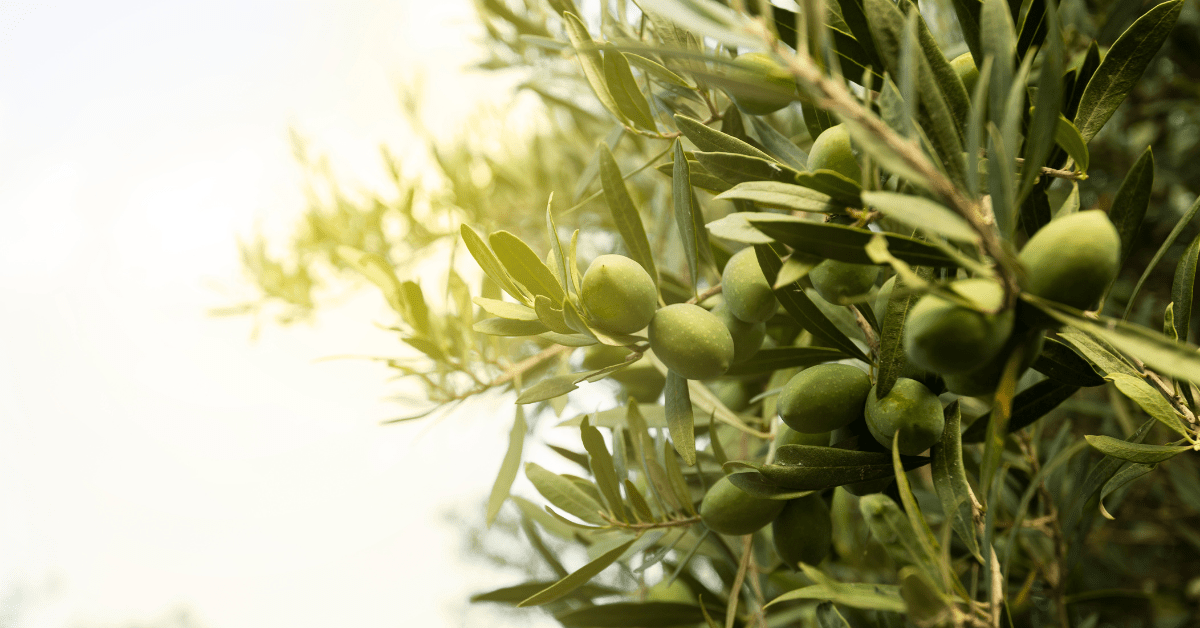
While indoor olive trees may not yield a plentiful harvest compared to their outdoor counterparts, they can still produce a modest crop of olives under favorable conditions. Monitor the progress of the olives and harvest them when they attain the desired size and color. Experiment with curing and brining methods to relish your homegrown olives with loved ones.
Other articles you might enjoy:
- 12 Best Low-Maintenance Indoor Houseplants
- Explaining the Difference Between Direct and Indirect Sunlight for Houseplants
- 10 Plants for the Bedroom That Can Help You Sleep Better
Cultivating olive trees indoors can be an enriching and gratifying endeavor, enabling you to infuse a touch of the Mediterranean into your home. By comprehending the specific requirements of indoor olive trees and providing them with attentive care, you can create a flourishing centerpiece for your indoor garden that radiates natural beauty and timeless grace. Whether you are an experienced indoor gardener or a novice enthusiast, the journey of nurturing an indoor olive tree is certain to enhance your home environment and deepen your admiration for the marvels of nature.


